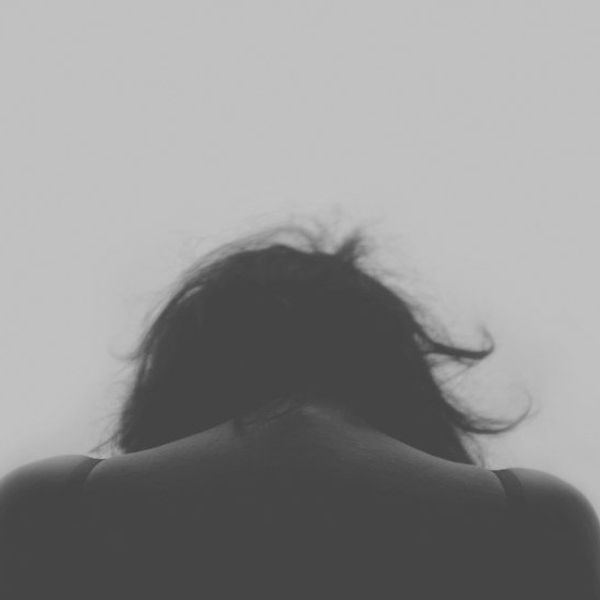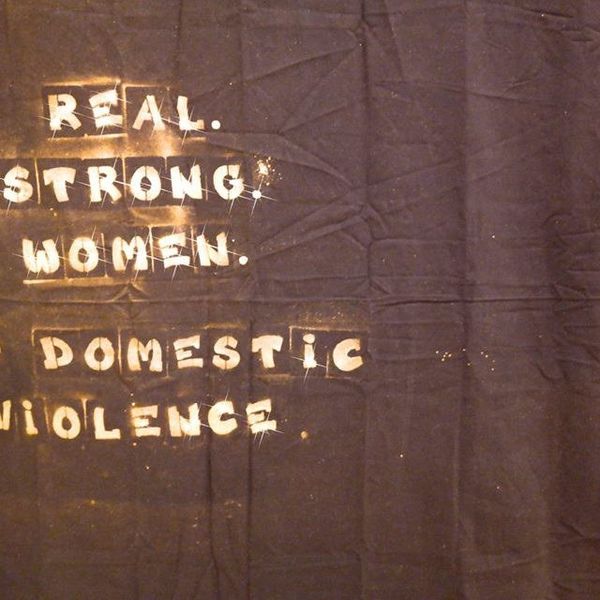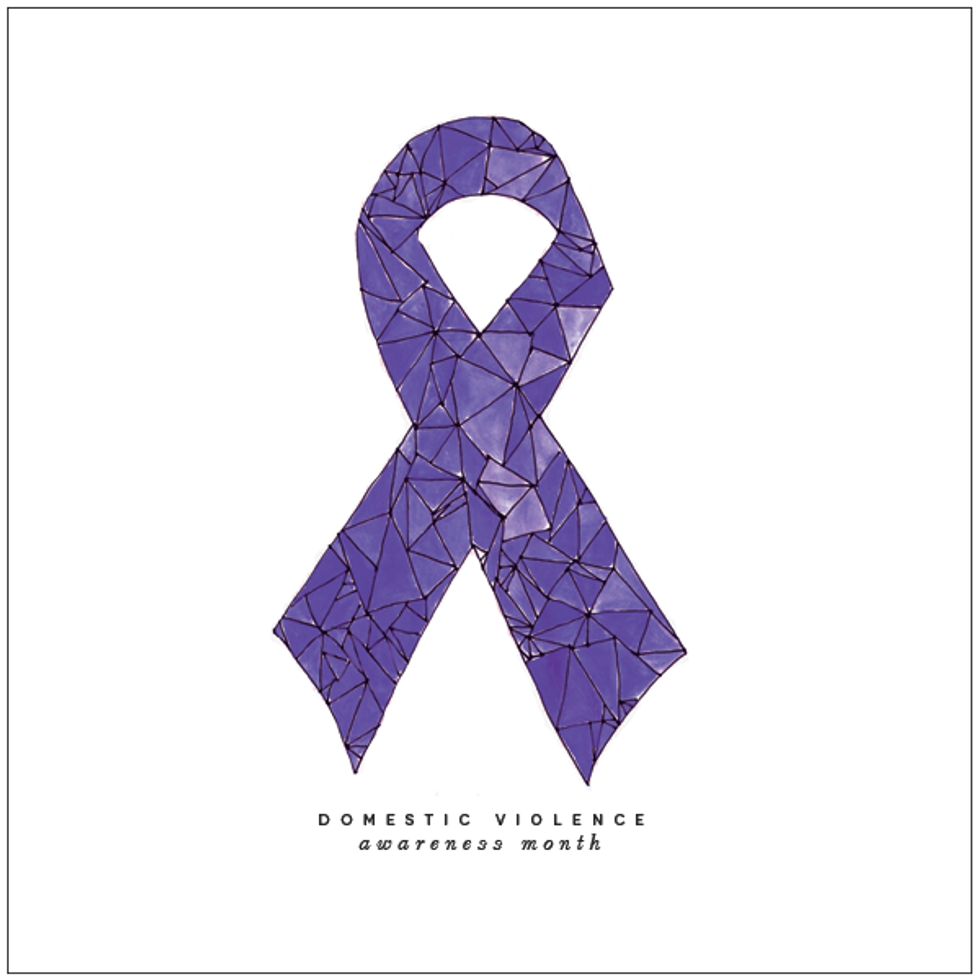People in abusive relationships usually attempt to conceal their fate. Maybe it is out of fear, shame, or even "love."
Dating Abuse Statistics states that one in three adolescents in the United States alone are victims of abuse from their partners. These abusive experiences have lasting effects on the victims, often leading to mental health issues. But don’t just take it from me. Vivian Colvac- who asked to be given a fake name- has had past experiences with abusive relationships.
“I used to remind myself that he loved me, so that no matter what he did to me, I would believe it. When we finally broke up, His words stayed in my mind: ‘Stay slim, eat less, workout more.’ He came back to me and swore he had changed, but he had just gotten worse. Now that I am rid of him, I can’t get him out of my mind. I can’t tell the girl that I love, because I know that I have scars and I will never be able to care for her the way that she needs. I don’t want others to feel the way that I do, No one should have to go through what I went through.” Vivian used a fake name in fear of angering her abuser. She always called him ‘The Shadow’, rarely calling him by his real name.
Domestic Violence and Suicide says that one out of four women whom are subjected to domestic violence attempt suicide. Vivian has tried multiple times.
Seeing how badly she was affected, not only physically but also mentally, really inspired me to write this article.
Women are not the only ones affected by domestic abuse, and men are not always the abusers. To parents and friends, watch for signs of abuse towards your child/friend. Signs include things such as:
- Personality changes
- Sudden drops in self-esteem
- Isolation from loved ones
But if you do ever find out that someone you love has been subjected to violence after their relationship has ended, remember, it is not your fault. If you did not notice anything, that is okay. It is not your fault, but please support this person. They might say that they do not want your help, but trust me, they need it.
And if you are, or have been in an abusive relationship, find help. You may think that you can handle it on your own, or that it is all your fault, but it is not.
National Domestic Violence Hotline: 1-800-799-SAFE (1-800-799-7233)
Sources-
http://www.suicide.org/domestic-violence-and-suici...
http://www.loveisrespect.org/resources/dating-viol...




















